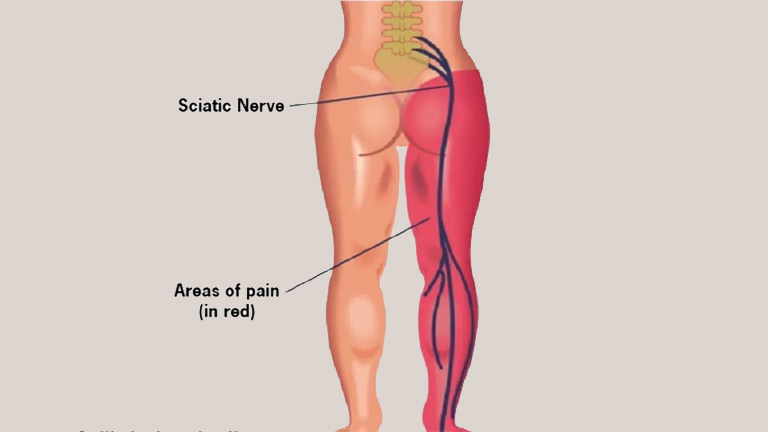
Welcome to a journey through menopause, a natural and significant phase in every woman’s life. Often shrouded in mystery, menopause marks the end of menstrual cycles and a woman’s reproductive years. But it’s more than just a biological shift; it’s a new chapter filled with opportunities for growth and self-discovery. Here, we’ll dive into understanding menopause, managing its symptoms, and most importantly, embracing the changes it brings.
Understanding Menopause
Menopause is not just a moment, but a transition. It typically begins in a woman’s late 40s to early 50s, although the timing can vary. The lead-up to menopause is called perimenopause, a time when hormonal fluctuations can cause symptoms like irregular periods, hot flashes, and sleep disturbances. Postmenopause follows, marking the time after a woman has not menstruated for 12 consecutive months. Understanding these stages is key to recognizing and responding to the changes in your body.
Lifestyle Adjustments for Symptom Management
Managing menopause symptoms often starts with lifestyle adjustments. A diet rich in calcium and vitamin D is crucial for bone health, as menopause can increase the risk of osteoporosis. Foods high in phytoestrogens, like soy products, may also help balance hormones. Regular exercise is another cornerstone – it boosts mood, helps maintain a healthy weight, and strengthens bones. Don’t forget stress reduction techniques, such as yoga or meditation, which can alleviate mood swings and improve sleep.
Medical Interventions and Treatments
For those seeking additional relief from menopause symptoms, various medical treatments are available. Hormone Replacement Therapy (HRT) is one of the most effective options, but it’s important to have a thorough discussion with healthcare experts to understand its benefits and risks. Non-hormonal medications and alternative therapies, such as acupuncture, also offer relief for many women. Consulting with a trusted healthcare provider is crucial in finding the best approach for your needs. For personalized care and expert advice, consider reaching out to the specialists at South Valley women’s health care. Their experience in women’s health can guide you through the choices to find what works best for you.
Mental and Emotional Well-being
The psychological impact of menopause can be as significant as the physical changes. Some women experience anxiety, depression, or a sense of loss. Talking therapies, support groups, or simply having open conversations with friends and family can be profoundly beneficial. Remember, it’s okay to seek help and find ways to nurture your mental health during this transition.
Embracing the Post-Menopausal Phase
Menopause is not an end, but a beginning. The post-menopausal phase can be a time of empowerment, freedom, and personal development. It’s an opportunity to rediscover yourself, pursue new interests, or rekindle old passions. Travel, take up a new hobby, volunteer – the possibilities are endless. This is a time to celebrate your wisdom, experience, and the journey you’ve embarked on.
Conclusion
Menopause is a natural part of life, a phase filled with changes, challenges, and opportunities. By understanding your body, managing symptoms with lifestyle choices and medical interventions, and caring for your mental well-being, you can navigate this transition with grace and confidence. Embrace this new chapter with an open heart and mind – there’s so much to look forward to in menopause and beyond.




